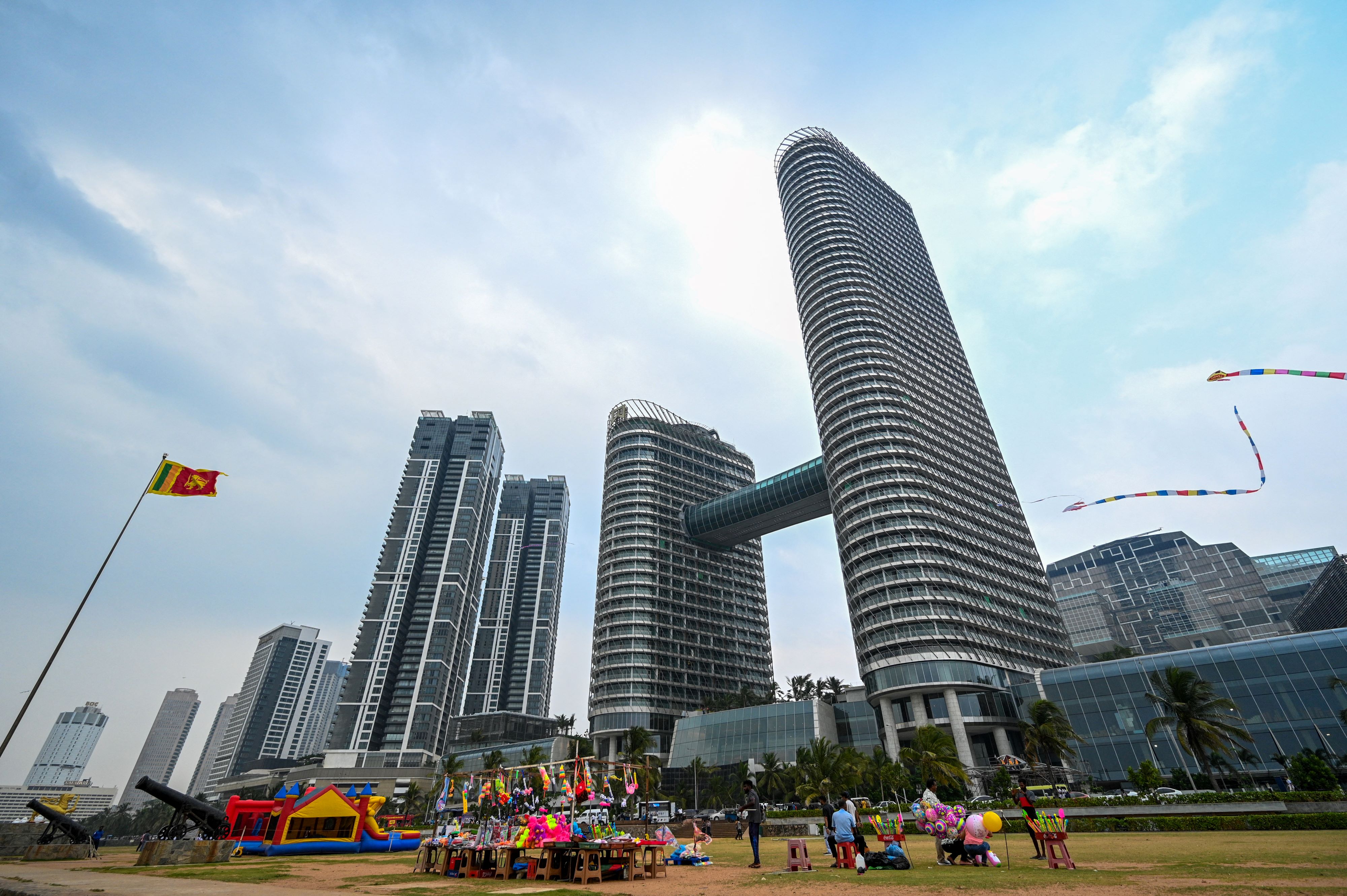
The International Monetary Fund approved the second review of Sri Lanka's $2.9 billion bailout, the IMF and Sri Lanka's government said on Wednesday, and said the approval will pave the way for the release of about $337 million.
The crisis-hit country's performance under the program has been strong and signs of an economic recovery were emerging, the IMF said in a statement. But it said the economy "is still vulnerable and the path to debt sustainability remains knife-edged".
ALSO READ: Sri Lanka's cabinet okays digital transformation proposal in education
Cash-strapped Sri Lanka plunged into its worst financial crisis in more than seven decades after its foreign exchange reserves sank to record lows in 2022.
The economy is starting to recover, inflation remains low, revenue collection is improving, and reserves continue to accumulate, the IMF said on Wednesday
After defaulting on its debt two years ago, the country has been struggling to emerge from the crisis. The economy contracted by 2.3 percent last year.
As part of the $2.9 billion program with the IMF, Sri Lanka agreed to reform its state-owned companies to make them profitable.
Sri Lanka's foreign minister, Ali Sabry, said the IMF approval was "a testament to our dedication to driving forward economic reforms and securing a prosperous future for all Sri Lankans".
READ MORE: Sri Lanka expects to conclude debt restructuring in time for IMF package third tranche
The economy is starting to recover, inflation remains low, revenue collection is improving, and reserves continue to accumulate, the IMF said on Wednesday.
But it said "important vulnerabilities" associated with ongoing debt restructuring, revenue mobilization, reserve accumulation, and banks' ability to support the recovery continue to cloud the outlook.
In April, Sri Lanka approved a law backed by the IMF allowing the state to seize any proceeds from criminal activities. Sri Lanka's economy is expected to grow 3 percent in 2024.
READ MORE: Sri Lanka to hold presidential election between Sept 17, Oct 16
Last week, Sri Lanka's parliament approved legislation to attract investment in renewable energy and reduce losses in its state-run power monopoly - measures it had committed to in the $2.9 billion IMF program.
Sri Lanka will hold presidential elections before mid-October, and opposition parties have said they could review current government policies on taxation and IMF program targets if they win.


